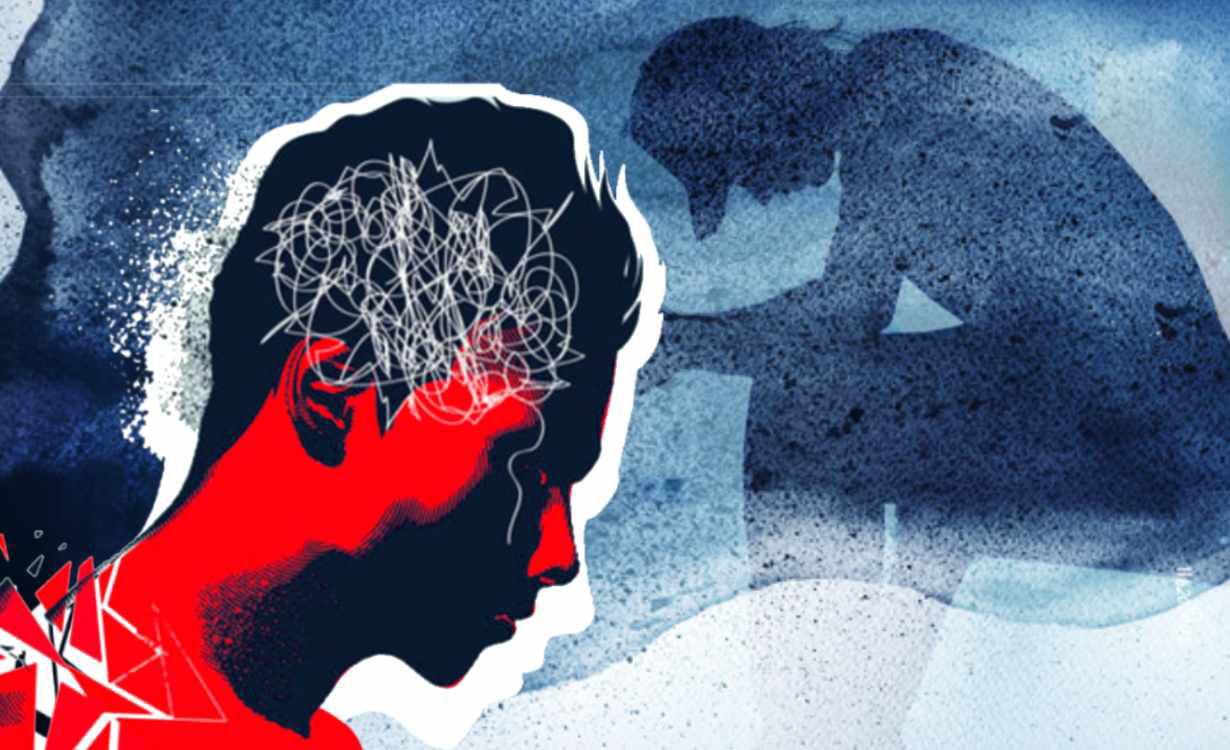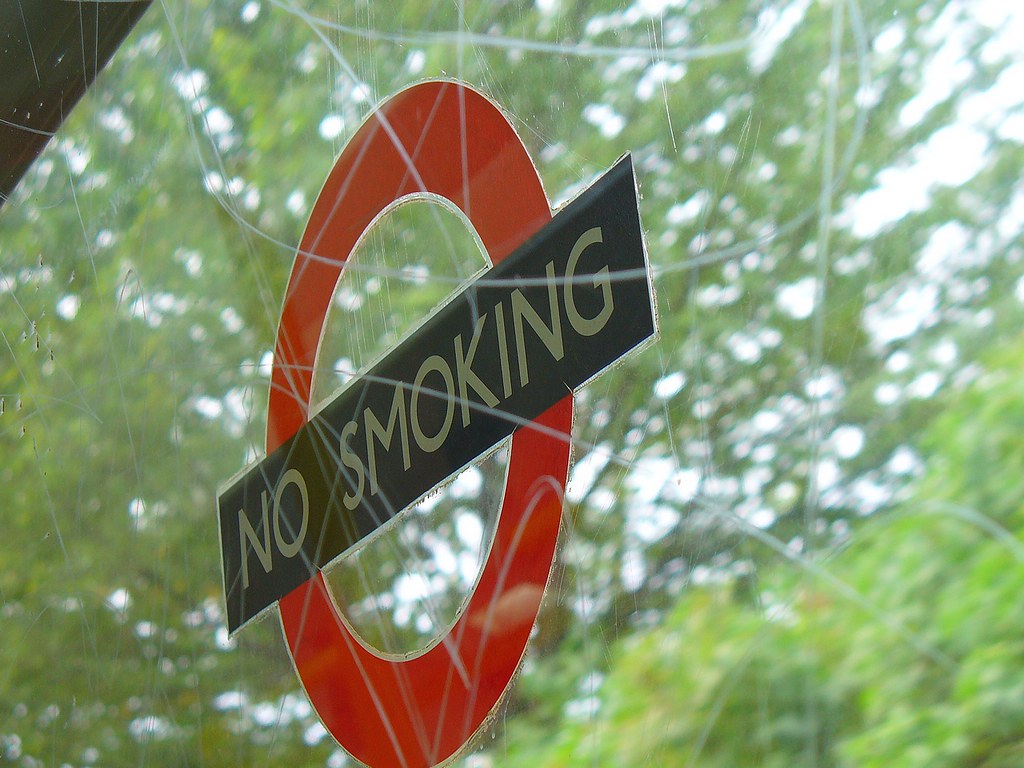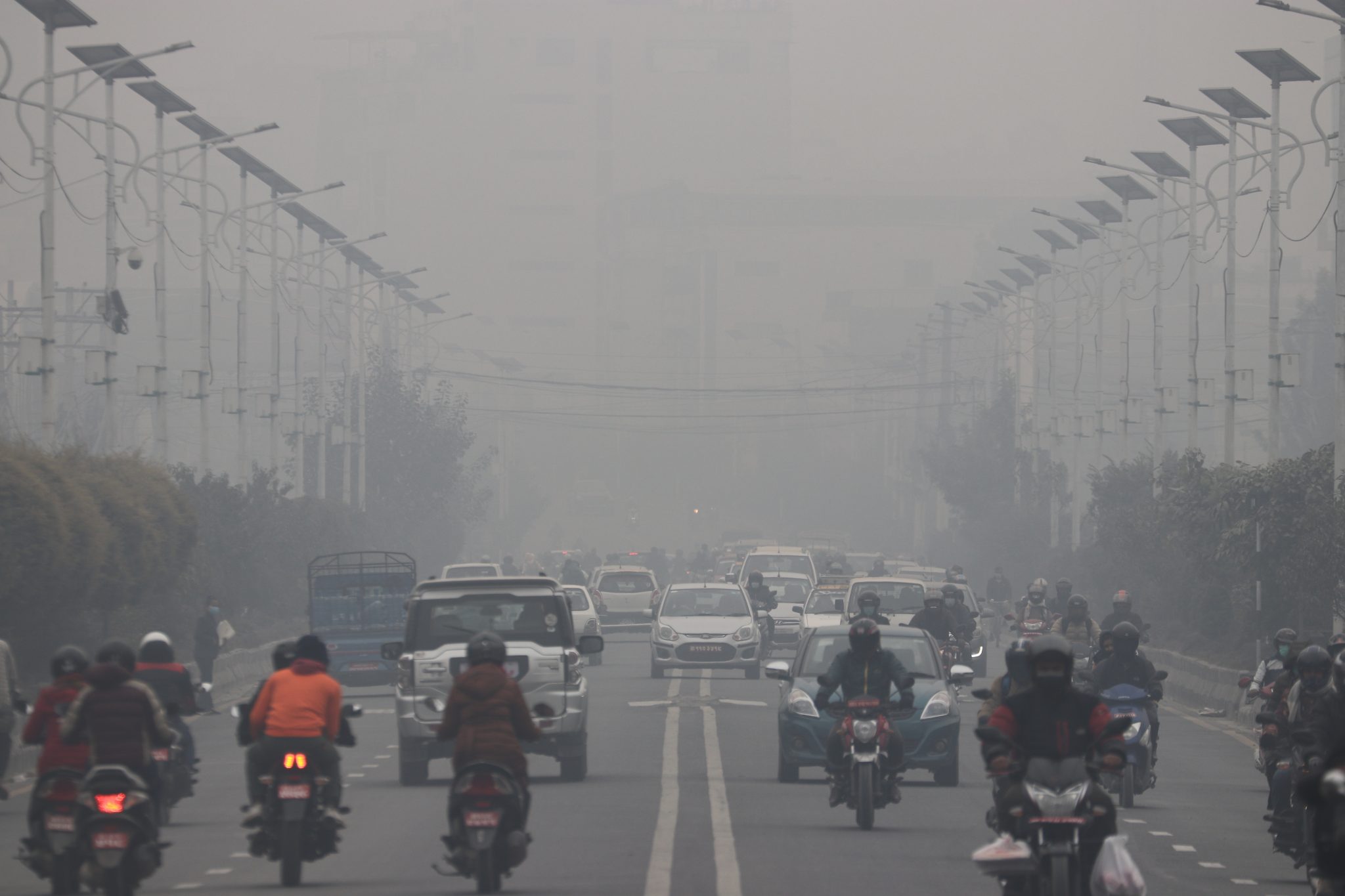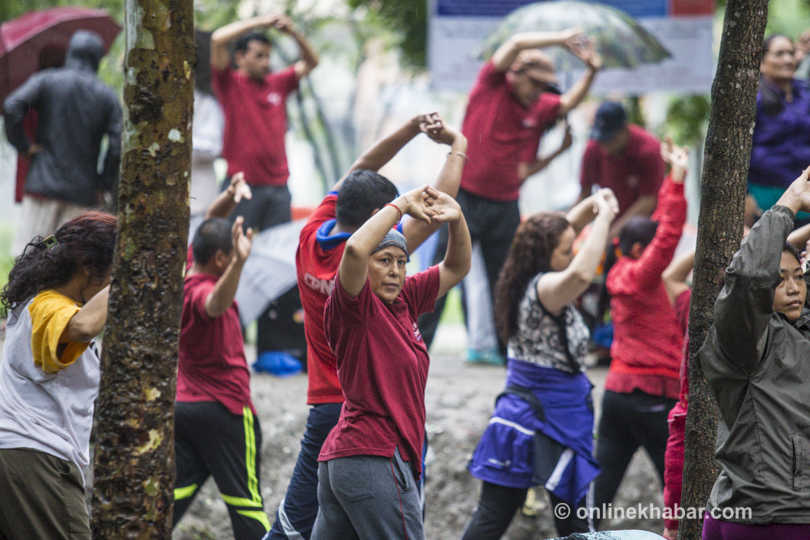Mental wellbeing emergency: Fueling viciousness and appalling consequences
Incidents where people turn against their possess families, regularly driving to rough and appalling results, can take off society stunned and looking for answers.
While a few may show up incautious, more profound examination regularly uncovers a calculated choice. Therapists recommend that people committing such acts are not fair assaulting their adored ones but endeavoring to “kill their problems.”
This raises questions almost the mental wellbeing emergency, familial weights, and societal impacts that lead to such shocking crimes.
Case ponders highlighting the issue
Case 1: Bhaktapur In Bhaktapur’s Balkot range, a shocking case unfurled as of late. Kul Prasad Acharya and his two children, Milan and Praveen, had supper together some time recently going to bed. By morning, Kul Prasad and Praveen were dead, and Milan was lost. A few hours afterward, Milan surrendered at the Maharajgunj Police Circle, confessing to slaughtering his father and brother and at that point endeavoring to take his claim life.
The thought process? Milan, initially from Khotang, confronted colossal weight to secure a government work by passing the Open Benefit Commission exams. His rehashed disappointments filled him with blame for not assembly his family’s desires and disgrace at being incapable to confront society. This strongly dissatisfaction driven him to see his family as deterrents to his peace of intellect, coming full circle in his choice to murder them.
Case 2: Petrol assault in Kathmandu
Another stunning occurrence happened in Jestha 2080 BS in Kathmandu. Chanchal Bahadur Singh, a 55-year-old man, soaked his spouse and three girls with petrol some time recently setting them on fire. Supriya and Samridhi, his senior girls, kicked the bucket in the assault, whereas his spouse and most youthful girl maintained serious wounds. Singh, supposedly inebriated, at first claimed his seethe stemmed from not being served supper. In any case, the brutality of the assault proposes more profound mental and passionate issues.
Case 3: Slaughter in In Bhadra 2078 BS, the Sankhuwasabha area seen a grim family slaughter. Tej Bahadur Karki, his spouse Kamala, daughter-in-law Ranjana, two grandchildren, and a 92-year-old grandma were brutally killed. The culprit was distinguished as Tej Bahadur’s nephew, Lok Bahadur. Lok, who had returned from outside work and was battling with misery and monetary insecurity, harbored long-standing grievances against Tej Bahadur. He charged his uncle of deriding and disrespecting him, which fueled his seethe and driven to the murders.
The basic In Bhadra 2078 BS, the Sankhuwasabha locale seen a grim family slaughter. Tej Bahadur Karki, his spouse Kamala, daughter-in-law Ranjana, two grandchildren, and a 92-year-old grandma were brutally killed. The culprit was distinguished as Tej Bahadur’s nephew, Lok Bahadur. Lok, who had returned from remote business and was battling with sadness and monetary insecurity, harbored long-standing grievances against Tej Bahadur. He charged his uncle of taunting and disrespecting him, which fueled his seethe and driven to the murders.
The fundamental These cases, in spite of the fact that unmistakable, share common strings: the perpetrators’ mental wellbeing battles, familial pressures, societal weights, and monetary troubles. Specialists underscore that such wrongdoings once in a while happen in separation but are the perfection of uncertain mental and social issues.
Familial desires and pressure
In Milan Acharya’s case, the strongly weight to secure a government work made an environment of blame and disgrace. In Nepal, societal desires regularly put undue stretch on people to accomplish particular breakthroughs, such as career victory or money related solidness. When people come up short to meet these desires, they may involvement sentiments of insufficiency, misery, and resentment.
Substance manhandle and impulsivity
The Kathmandu petrol assault underscores the part of substance manhandle in worsening rough inclinations. Chanchal Bahadur Singh’s inebriated state likely impeded his judgment and intensified his outrage, driving to a disastrous result. Substance manhandle regularly acts as a catalyst in household viciousness cases, bringing down restraints and expanding aggression.
Grievances and resentment
In the Sankhuwasabha slaughter, Lok Bahadur’s long-standing grievances against his uncle finished in an act of extraordinary viciousness. Such cases highlight how uncertain clashes and seen treacheries inside families can raise into lethal encounters. Mental wellbeing experts note that harboring hatred without looking for determination or back frequently leads to dangerous outcomes.
The part of mental health
Mental wellbeing plays a basic part in understanding these tragedies. Agreeing to clinical analyst Dr Bijay Gyawali, numerous family murders are established in the perpetrators’ endeavors to resolve their inner battles by killing those they see as donors to their problems.
However, the shame encompassing mental wellbeing in Nepal regularly avoids people from looking for offer assistance, worsening their struggles.
Dr Rishav Koirala, a clinical therapist, notes that numerous people who commit such violations endure from sadness and sentiments of sadness. In Lok Bahadur’s case, his budgetary battles and seen need of regard likely developed his misery, driving him to commit an incomprehensible act.
While a few acts may show up incautious, they are frequently planned. Milan Acharya’s confession uncovered that he had arranged the murders in progress. This shows a calculated choice fueled by his mental state, where he saw no other way to elude his problems.
Societal and social factors
Nepal’s societal standards and social hones moreover contribute to the mental wellbeing emergency. The weight to acclimate to conventional parts and meet societal desires can make colossal push, especially for men, who are frequently anticipated to be the essential breadwinners. Disappointment to fulfill these parts can lead to sentiments of insufficiency and resentment.
The shame encompassing mental wellbeing in Nepal avoids numerous people from looking for offer assistance. Therapist Dr Sagun Ballav Gasp accentuates that mental wellbeing talks are frequently dodged, driving to untreated conditions. This need of mindfulness and bolster contributes to the acceleration of mental issues, some of the time coming full circle in violence.
Nepal’s financial scene too plays a critical part in these tragedies. Budgetary flimsiness, unemployment, and obligation are common stressors that can strain familial connections and affect mental wellbeing. Lok Bahadur’s battles after returning from outside work highlight how financial challenges can lead to sentiments of misery and despair.
Preventing family viciousness: The way forward
Addressing the issue of family viciousness requires a multi-faceted approach that incorporates mental wellbeing mindfulness, societal changes, and more grounded back systems.
- Mental wellbeing awareness
Raising mindfulness almost mental wellbeing is pivotal to avoiding such tragedies. Families and communities require to be taught around the significance of mental well-being and the caution signs of mental trouble. Open discussions approximately mental wellbeing can offer assistance decrease shame and energize people to look for help.
- Early discovery and intervention
Training families and community individuals to recognize the early signs of mental wellbeing battles can anticipate emergencies. Early mediation, such as counseling or treatment, can offer assistance people oversee their feelings and create more beneficial adapting mechanisms.
- Available mental wellbeing services
Nepal’s healthcare framework must organize mental wellbeing by giving open and reasonable administrations. Growing mental wellbeing clinics, preparing experts, and coordination mental wellbeing care into essential healthcare can make a noteworthy difference.
- Reinforcing back systems
Families play a vital part in supporting people with mental wellbeing challenges. Building solid familial bonds and cultivating open communication can offer assistance people feel caught on and esteemed, lessening the probability of rough outbursts.
- Societal changes
Nepali society must move absent from unbending desires and emphasize passionate well-being over fabric or societal accomplishments. Empowering a culture of compassion and understanding can reduce a few of the weights that contribute to mental wellbeing struggles.
- Tending to substance abuse
Substance mishandle is a noteworthy figure in numerous residential viciousness cases. Executing programs to address enslavement and advance capable behavior can diminish the chance of viciousness inside families.
- Struggle determination mechanisms
Teaching struggle determination aptitudes can offer assistance families address grievances valuably. Intervention and counseling administrations can give impartial stages for settling debate and anticipating escalation.
The awful cases of family savagery in Nepal emphasize the critical require to address the fundamental issues of mental wellbeing, societal weights, and financial challenges. By raising mindfulness, advancing mental wellbeing care, and cultivating strong family and community situations, we can work towards avoiding such destroying incidents.
These endeavors require collaboration between people, families, communities, and the government to construct a society where mental well-being is prioritized, and viciousness is not an outlet for uncertain battles.












Leave a Reply